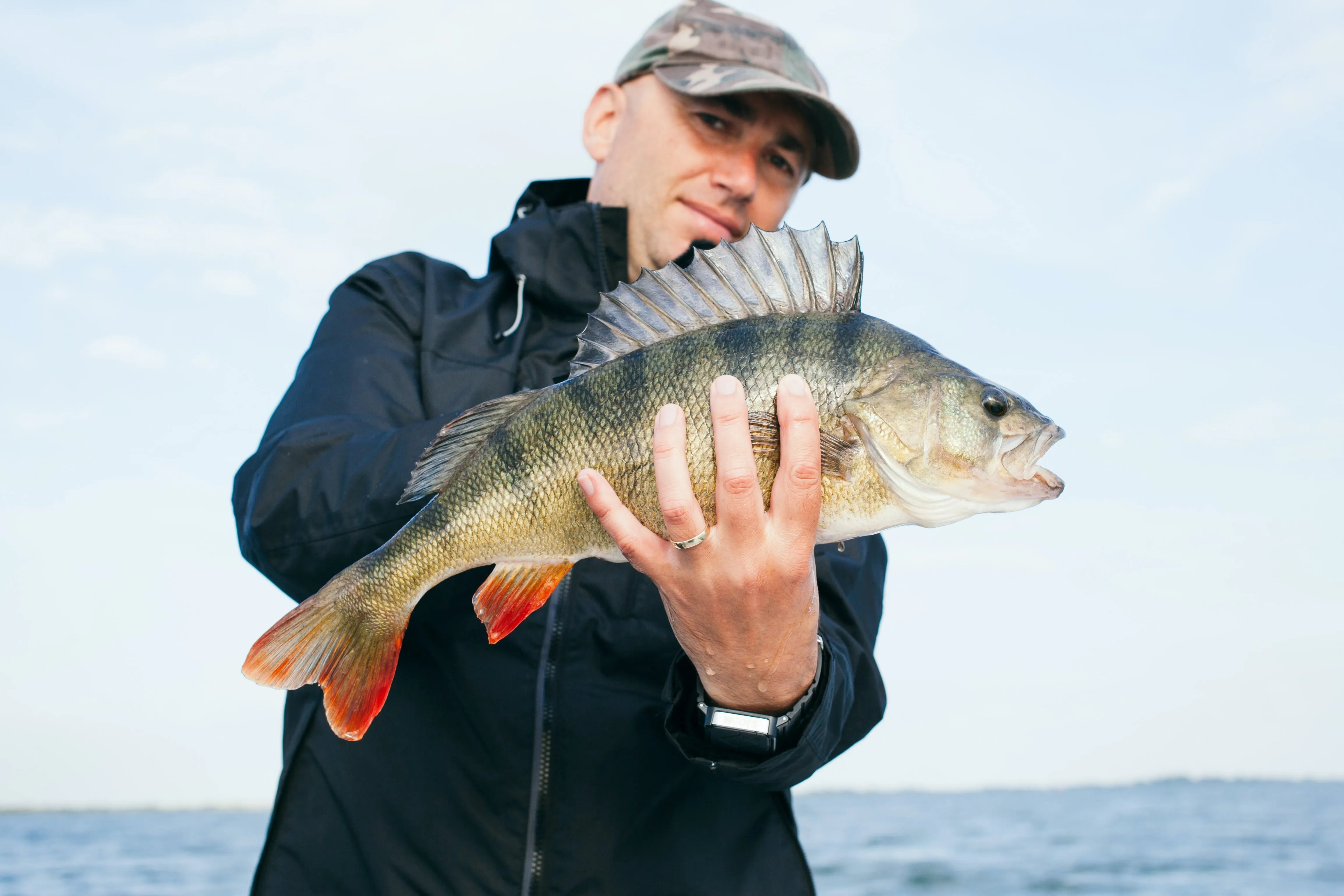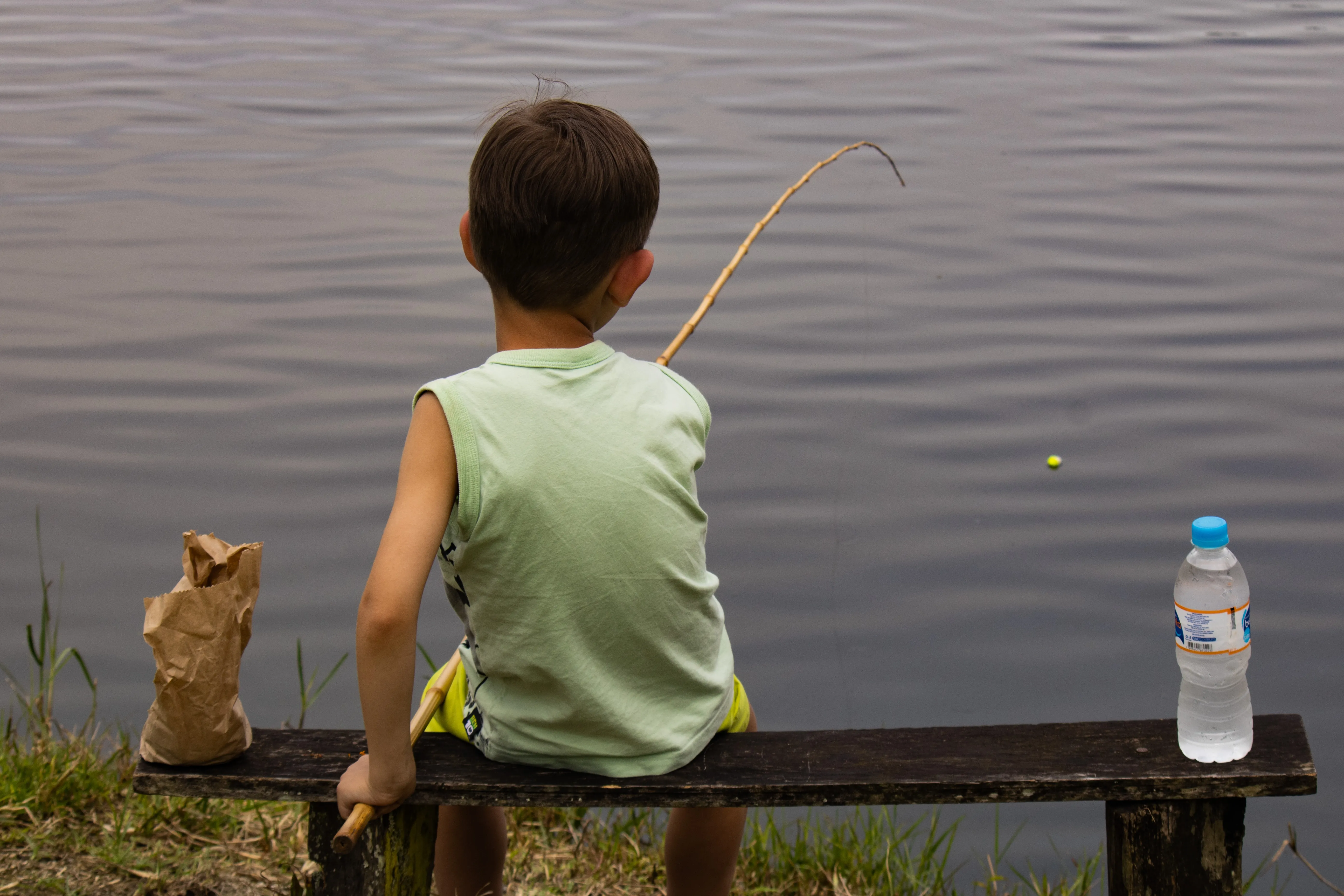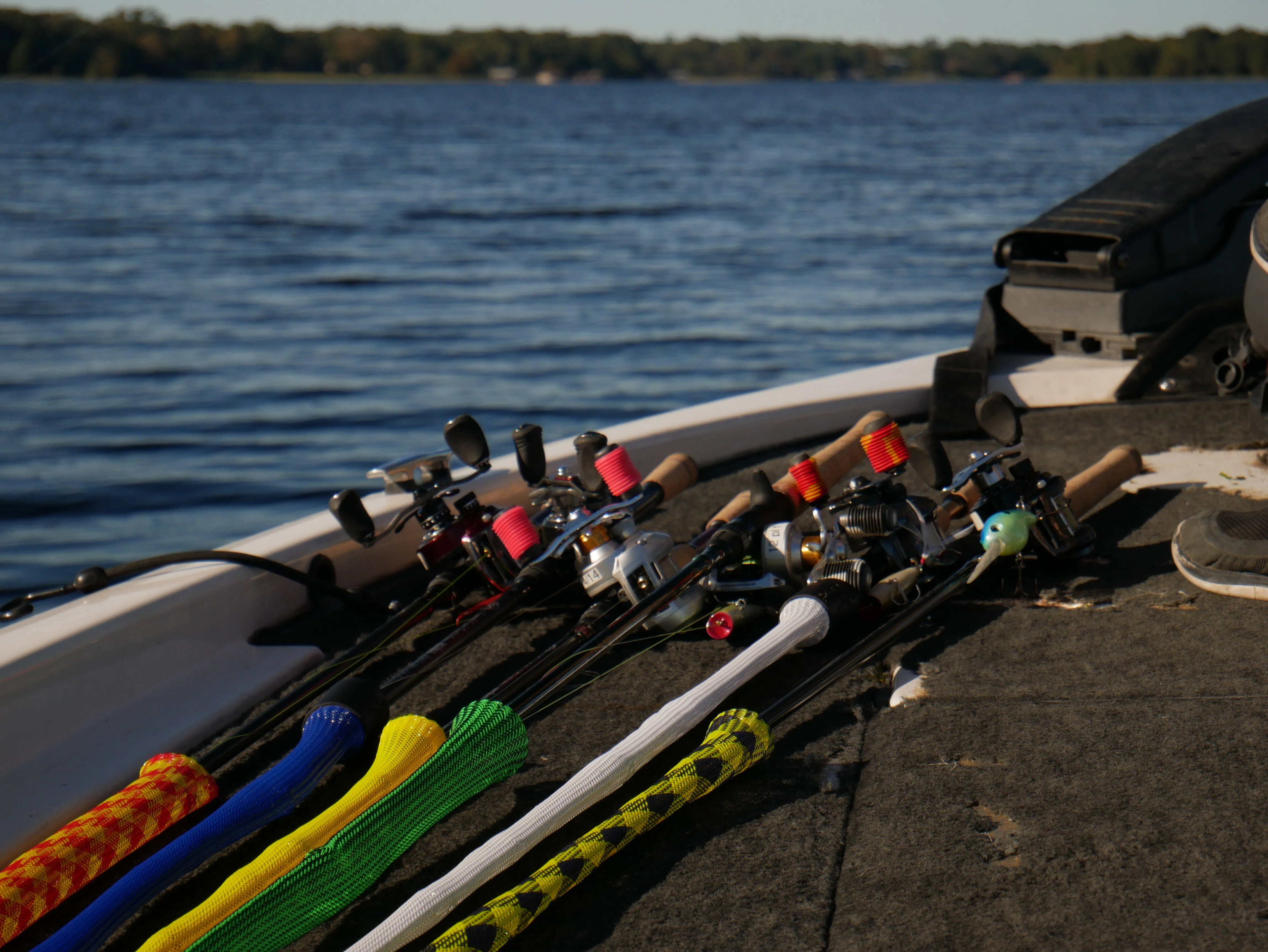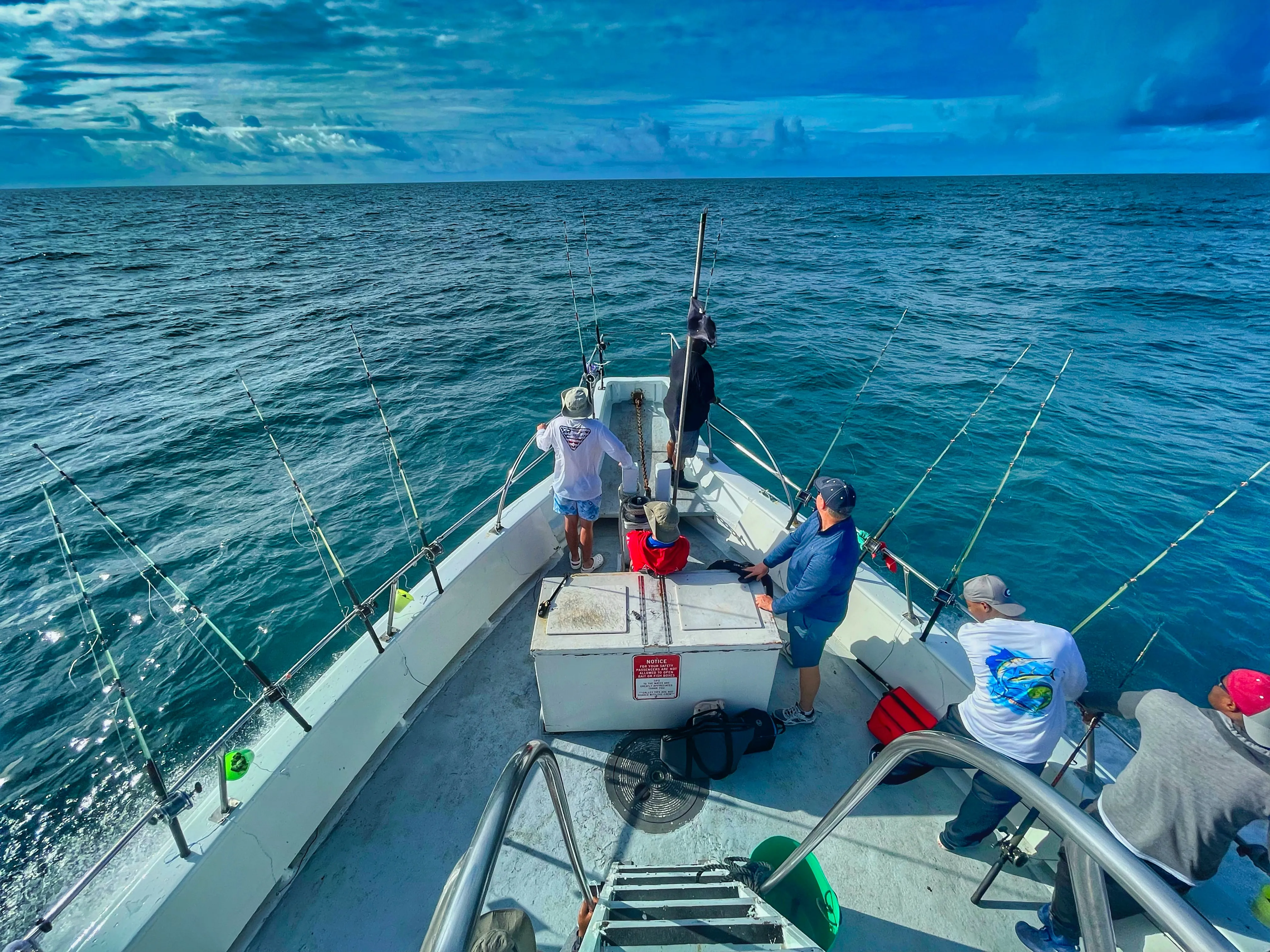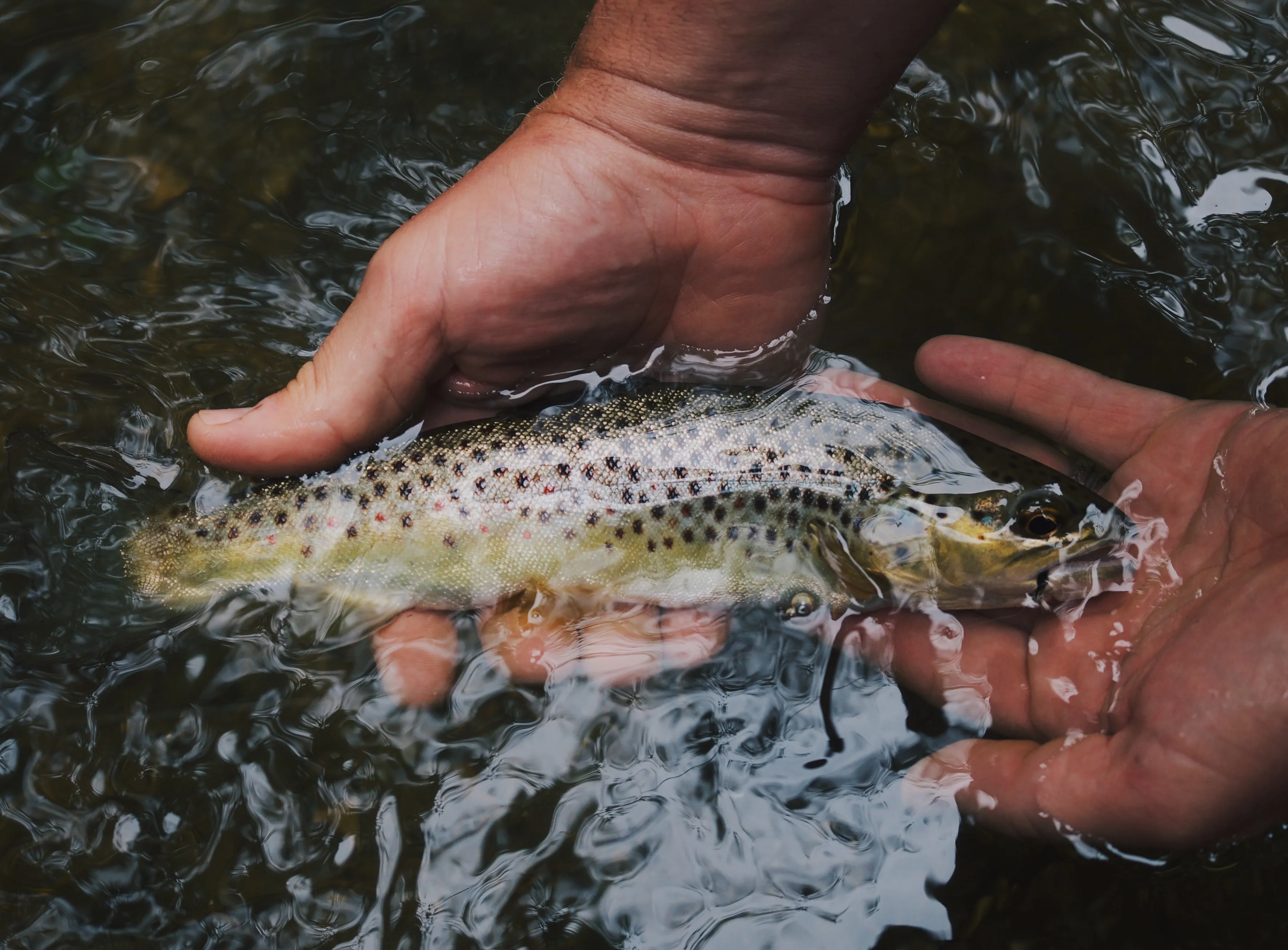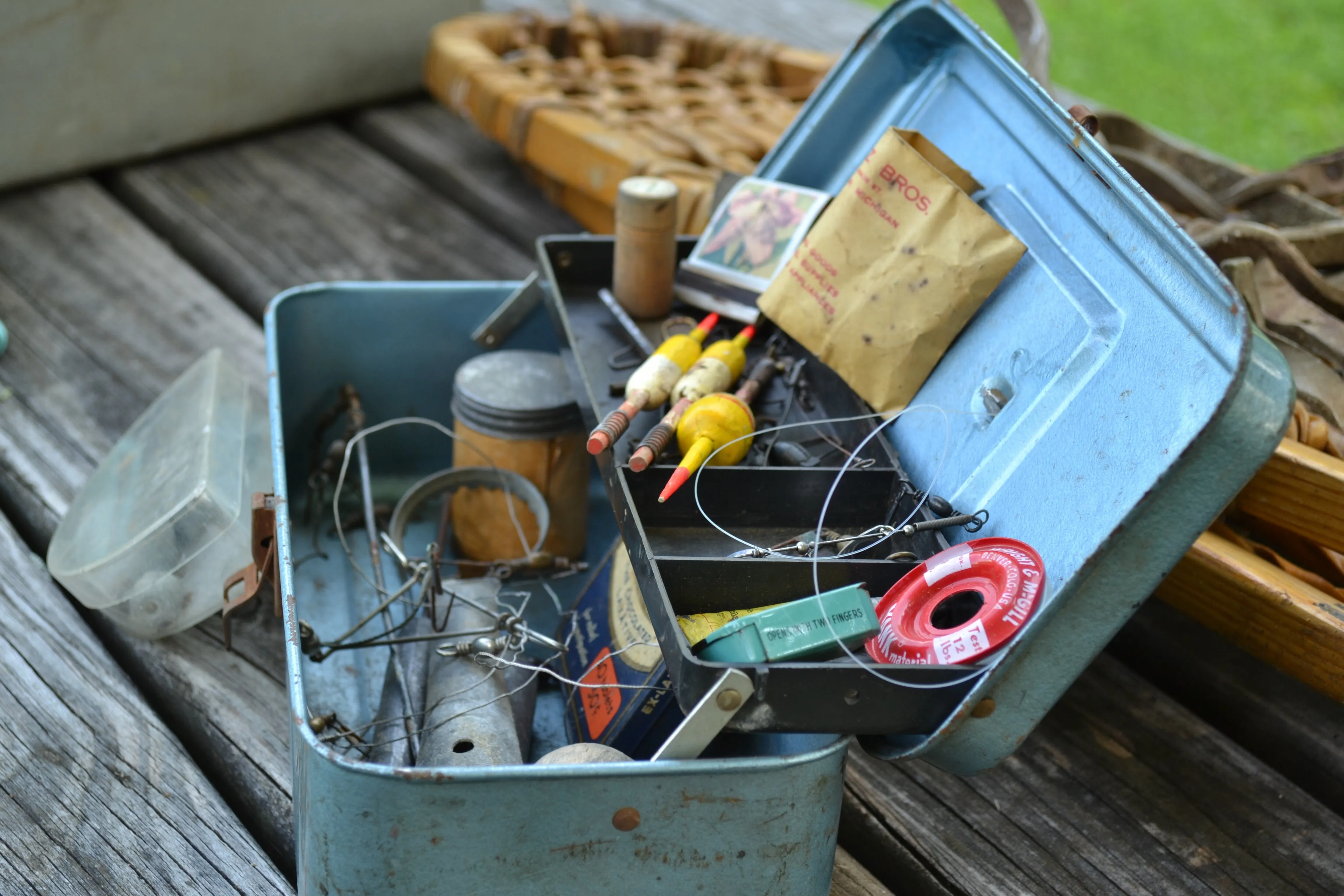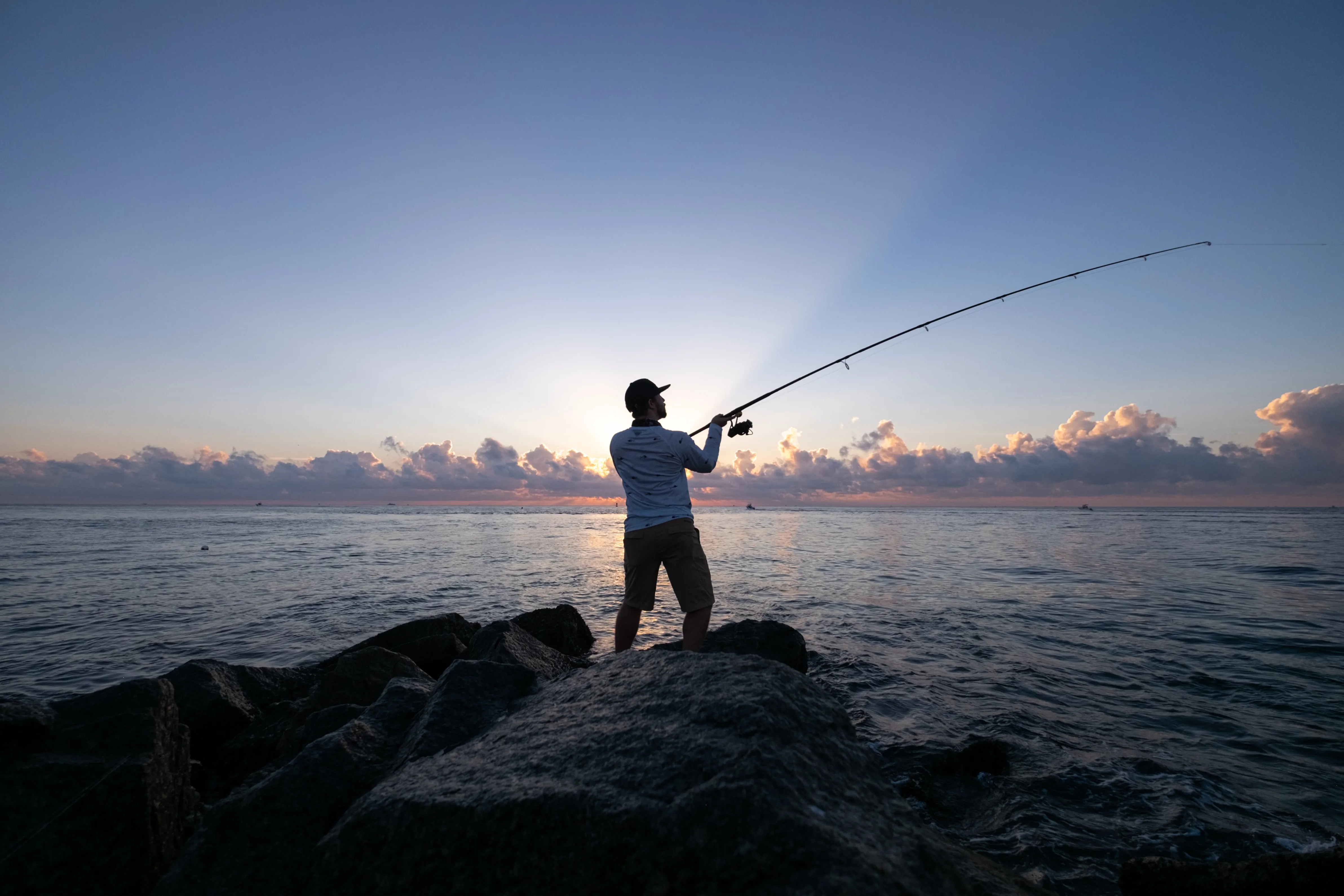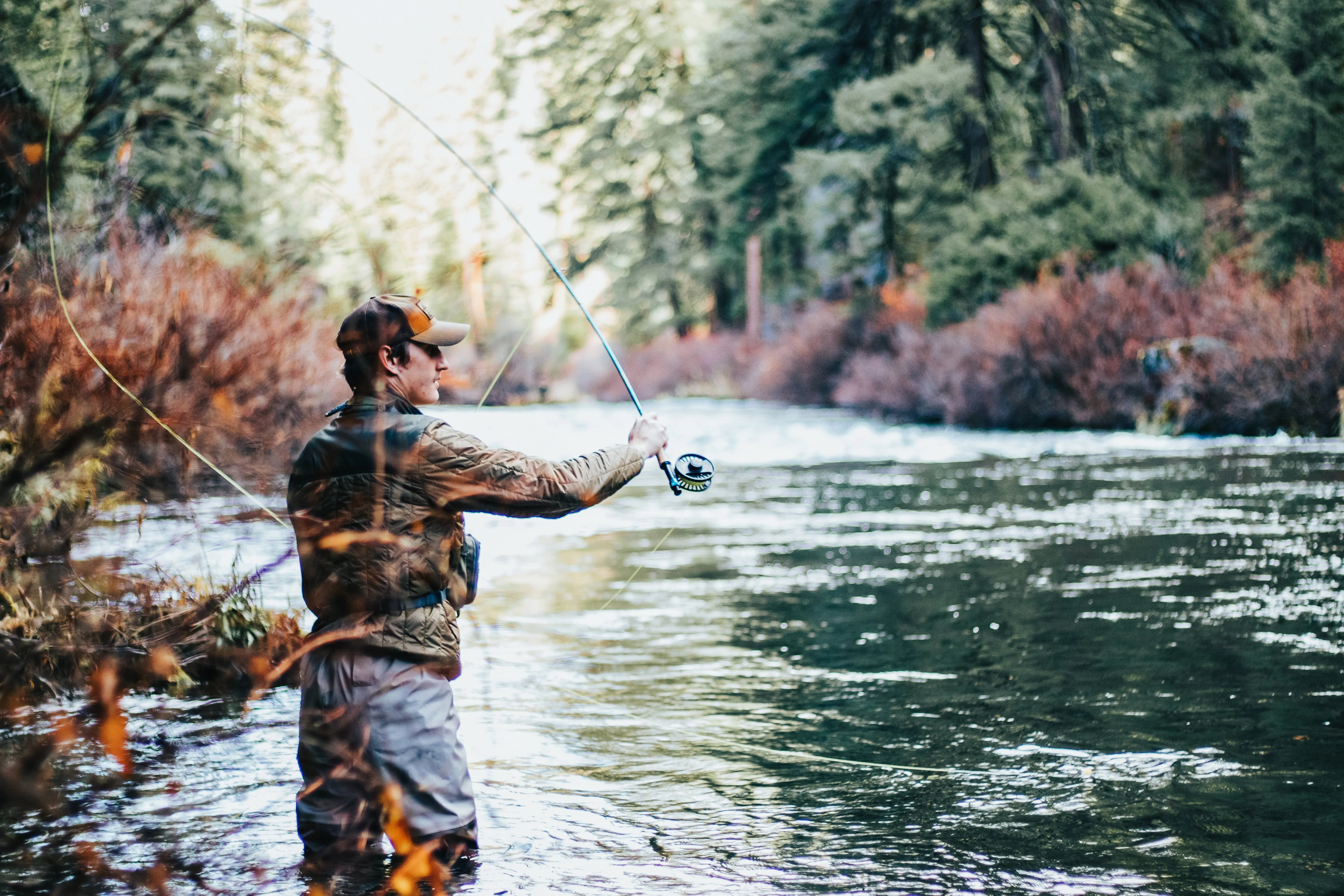Fly Fishing Mastery: Charting Your Course Towards Improved Technique
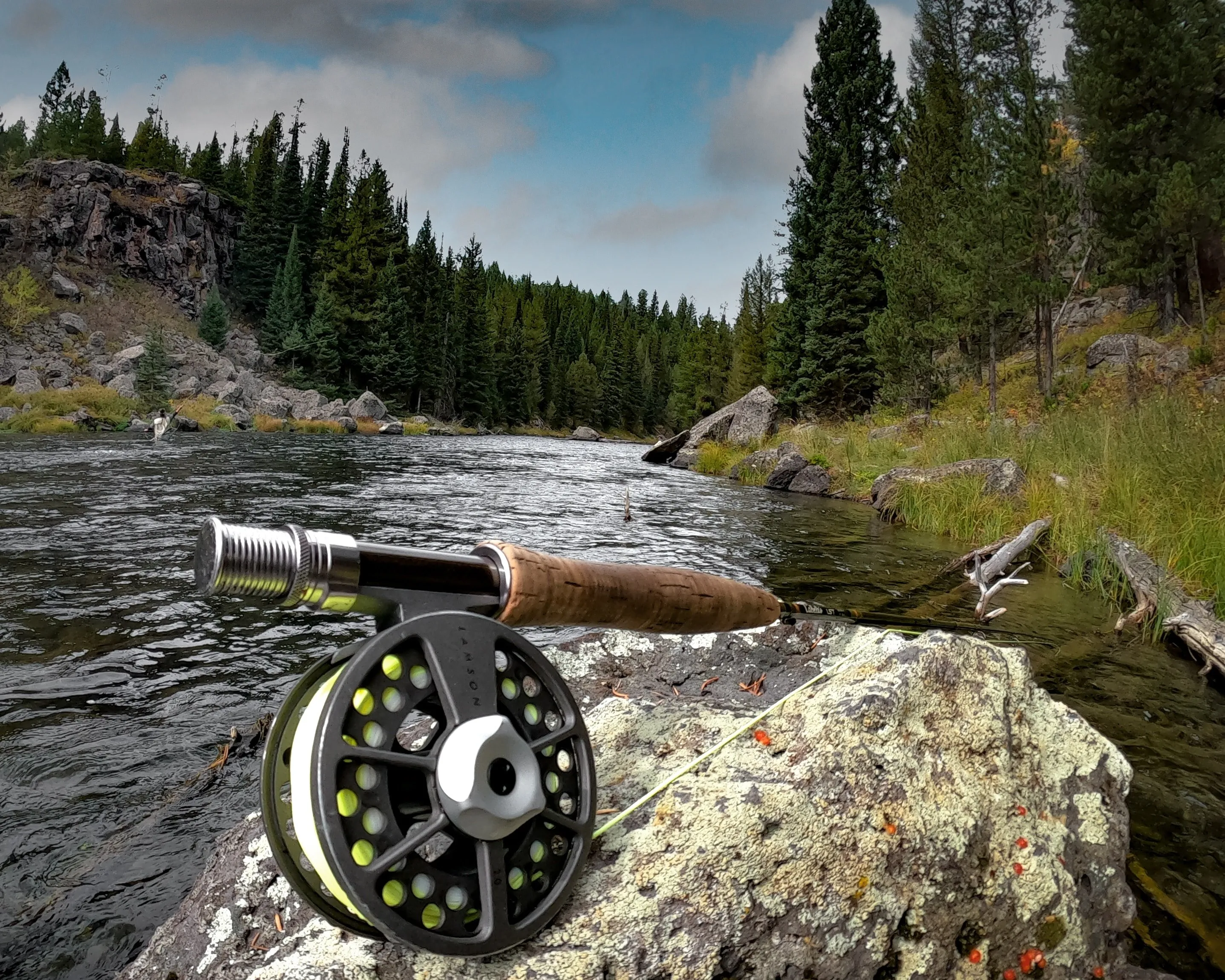
Fly fishing, a captivating form of angling that marries skill with grace, offers an immersive experience as you echo the dance of aquatic insects on the water's surface. For those charmed by this dance and seeking to improve their technique, this comprehensive guide offers a collection of tips that can help refine your fly fishing skills and pave the way to mastery.
The Art of Fly Fishing: A Recap
Fly fishing involves casting a nearly weightless artificial fly onto the water to entice a fish to bite. The technique involves a special casting technique, distinctly different from other forms of casting.
Harness Your Casting Technique
The fly fishing cast, a dynamic interplay between line, rod, and fly, is an art. Here are some tips to enhance your casting technique:
1. Understand the Cast: A basic fly cast involves the back-cast and the forward-cast. Furnish your understanding of the rhythm and timing associated with these movements.
2. Practice Timing: In fly casting, timing is everything. Practice until you can smoothly transition between your back-cast and forward-cast.
3. Master Line Control: Learn different line manipulation techniques, such as mending, roll casting, and shooting line, to improve your control and presentation.
4. Use the Right Gear: Using a rod, reel, and line that matches your casting style and target species will significantly improve your casting ability.
5. Practice, Practice, Practice: Refining your casting technique requires practice. Spend time casting in different conditions and situations to improve your adaptability.
The Importance of Fly Selection
Choosing the right fly is crucial in fly fishing. Observe the environment to see what insects are present and likely to hatch, and then select a fly that mimics them effectively.
Decoding Water and Fish Behaviour
Understanding the water you're fishing in and the behaviour of the fish you're targeting is a critical part of fly fishing.
1. Read the Water: Learning how to 'read' a river or stream—understanding current flows, identifying likely fish habitats—can greatly enhance your ability to present your fly effectively.
2. Understand Fish Behaviour: Study the feeding habits and behaviour patterns of your target species. This will help you determine the best times, locations, and flies to use.
Fly fishing is more than a sport; it's an ongoing journey of learning, observing, and connecting with nature. Mastering fly fishing does not simply mean catching more or bigger fish; it involves deepening your understanding of the aquatic world, refining your technique, and above all, relishing the joy and tranquillity that comes with each cast.
So, as you wade into the water, rod in hand and line slicing through the air, remember, every cast is a step towards mastery—a step towards becoming not just a better angler, but a guardian of our beautiful waterways.

